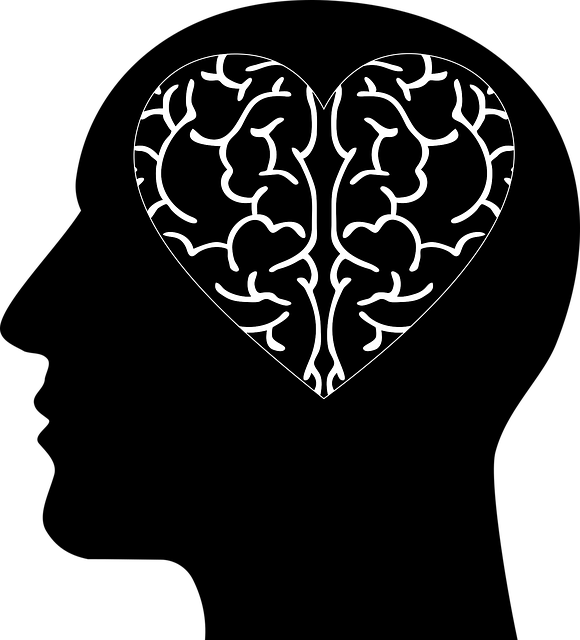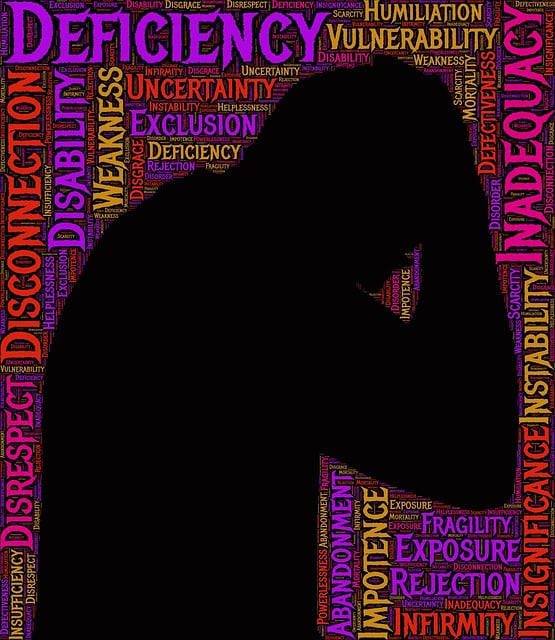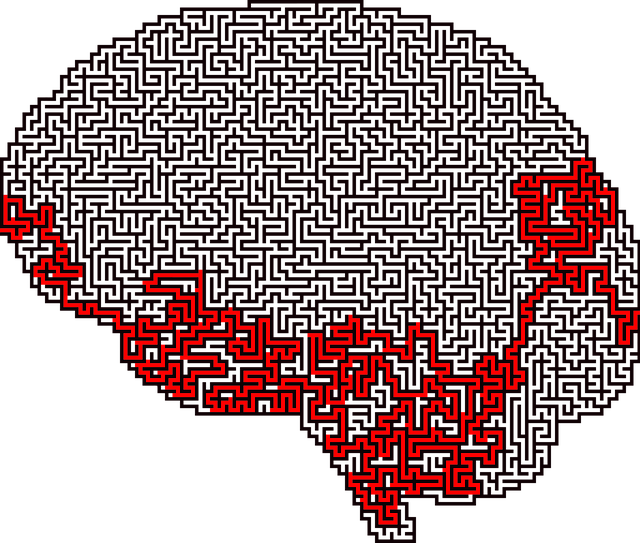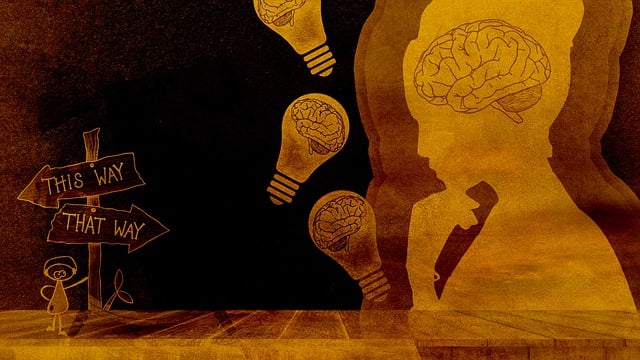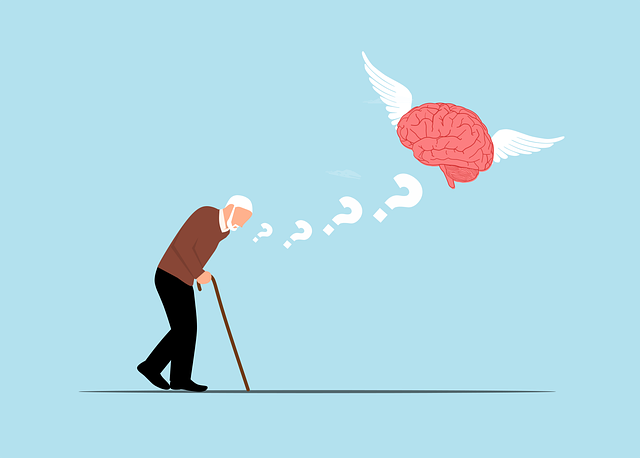Trauma significantly impacts mental health, often manifesting in conditions like Oppositional Defiance Disorder (ODD) in Longmont. Mental health professionals employ evidence-based practices and tailored interventions to help individuals process trauma and regulate emotions, addressing the complex link between trauma and ODD. Longmont ODD therapy focuses on reframing negative thought patterns, building resilience, and improving emotional control through Mind Over Matter principles, ultimately enhancing overall mental well-being. Specialized programs incorporate these techniques for holistic recovery and relapse prevention.
“Trauma, a powerful force that can leave individuals struggling to find their footing, has far-reaching effects on mental and emotional well-being. This article delves into understanding trauma’s complex nature and its profound impact on people. We explore the unique relationship between Trauma and Oppositional Defiance Disorder (ODD), shedding light on how Longmont ODD Therapy offers a beacon of hope for recovery. By addressing these co-occurring conditions, specialized support services empower individuals to heal and rebuild their lives.”
- Understanding Trauma and its Impact on Individuals
- The Role of Oppositional Defiance Disorder (ODD) in Trauma
- Longmont ODD Therapy: Effective Support for Trauma Recovery
Understanding Trauma and its Impact on Individuals

Trauma is a complex psychological response that can have profound and lasting effects on individuals’ mental health and daily functioning. It arises from intense or overwhelming experiences, such as violence, accidents, natural disasters, or prolonged exposure to distressing events. The impact of trauma extends beyond the initial incident, affecting various aspects of a person’s life. Those who experience trauma may struggle with flashbacks, nightmares, severe anxiety, depression, and even physical symptoms like chronic pain or sleep disturbances. Understanding these effects is crucial in providing effective support for individuals dealing with trauma, especially those with conditions like Oppositional Defiance Disorder (ODD) in Longmont.
Recognizing the signs of trauma and its impact on mental wellness is a critical step toward fostering a more supportive environment. Mental health professionals play a vital role in helping clients navigate their traumatic experiences and develop coping strategies. By integrating evidence-based practices and tailored interventions, therapists can assist individuals in processing trauma memories, regulating emotions, and rebuilding a sense of safety and trust. This process, often facilitated through therapy sessions, contributes to improved mental health awareness and overall resilience, especially for those facing additional challenges like ODD.
The Role of Oppositional Defiance Disorder (ODD) in Trauma

Trauma can significantly impact individuals’ behavior and emotional well-being, and Oppositional Defiance Disorder (ODD) is one such condition that often accompanies trauma. ODD is characterized by recurrent and persistent patterns of defiant, hostile, and annoying behavior towards authority figures, which may arise as a coping mechanism in response to traumatic experiences. Longmont Oppositional Defiance Disorder therapy focuses on addressing these underlying issues, providing individuals with the necessary tools to manage their symptoms and develop healthier ways of expressing themselves.
Understanding ODD within the context of trauma is crucial for effective treatment. Mental health professionals design therapeutic approaches that integrate concepts such as positive thinking and mind over matter principles to help clients reframe negative thought patterns and behaviors associated with trauma and ODD. Through education and support, individuals can gain insights into their experiences, develop resilience, and build healthier relationships, ultimately enhancing their overall mental health.
Longmont ODD Therapy: Effective Support for Trauma Recovery

In Longmont, Oppositional Defiance Disorder (ODD) therapy has emerged as a powerful tool in supporting individuals who have experienced trauma. This specialized form of treatment goes beyond addressing ODD symptoms and delves into processing traumatic events, helping clients develop healthy coping mechanisms. The process is guided by the Mind Over Matter principles, empowering patients to regain control over their emotions and reactions. Through this therapy, individuals learn valuable skills that facilitate resilience and promote a sense of safety.
Mental Health Education Programs Design often incorporates ODD therapy techniques to foster a holistic recovery approach. By teaching coping skills development, these programs enable clients to navigate challenging situations more effectively. This proactive approach not only aids in trauma recovery but also equips individuals with the tools needed to prevent future relapses.
Trauma support services play a pivotal role in helping individuals recover and rebuild their lives. By understanding trauma’s profound impact, recognizing the interplay between Oppositional Defiance Disorder (ODD) and trauma, and exploring evidence-based treatments like Longmont ODD therapy, we can provide more effective care. These comprehensive approaches foster healing and empower individuals to lead fulfilling lives again.


